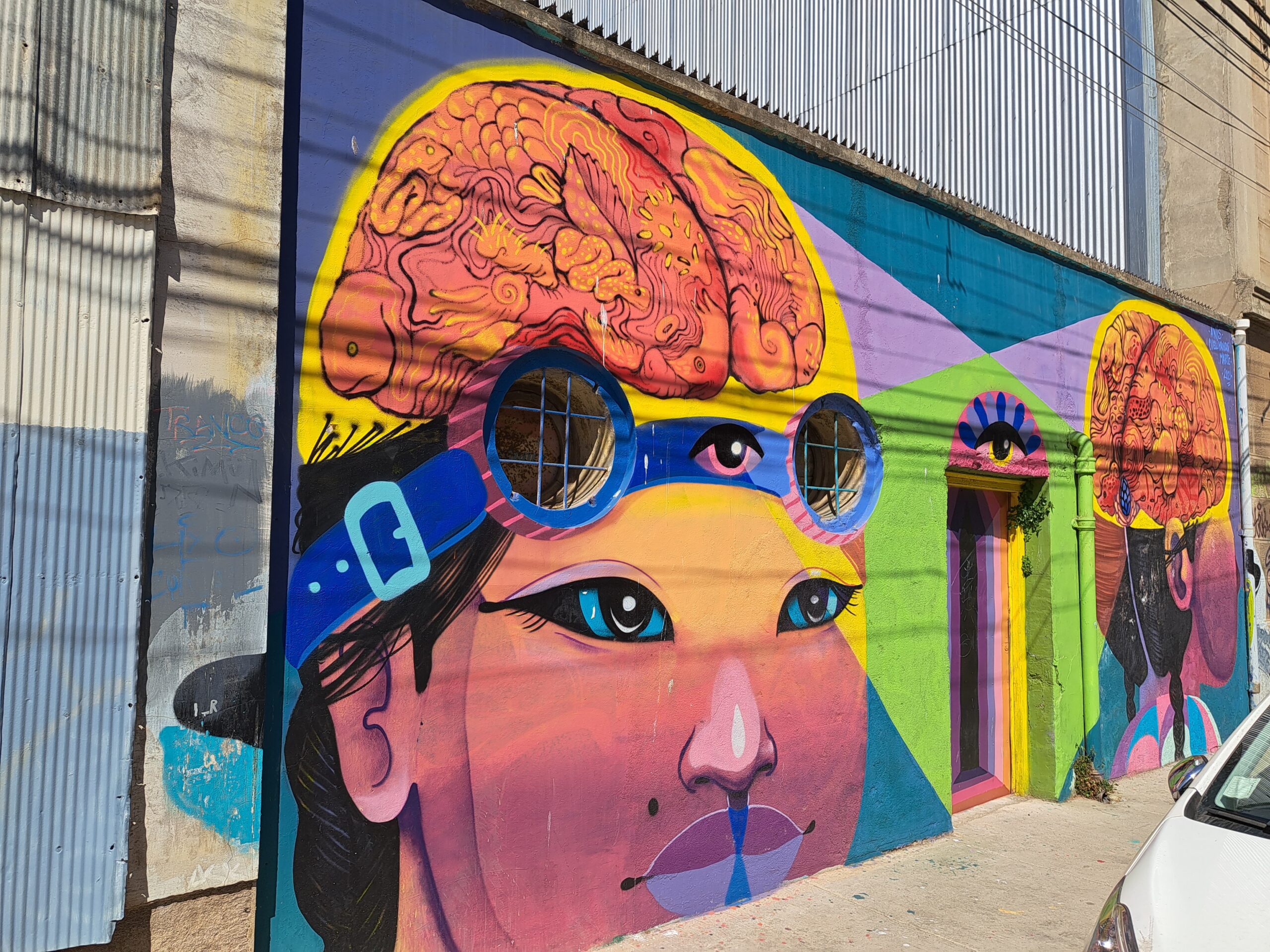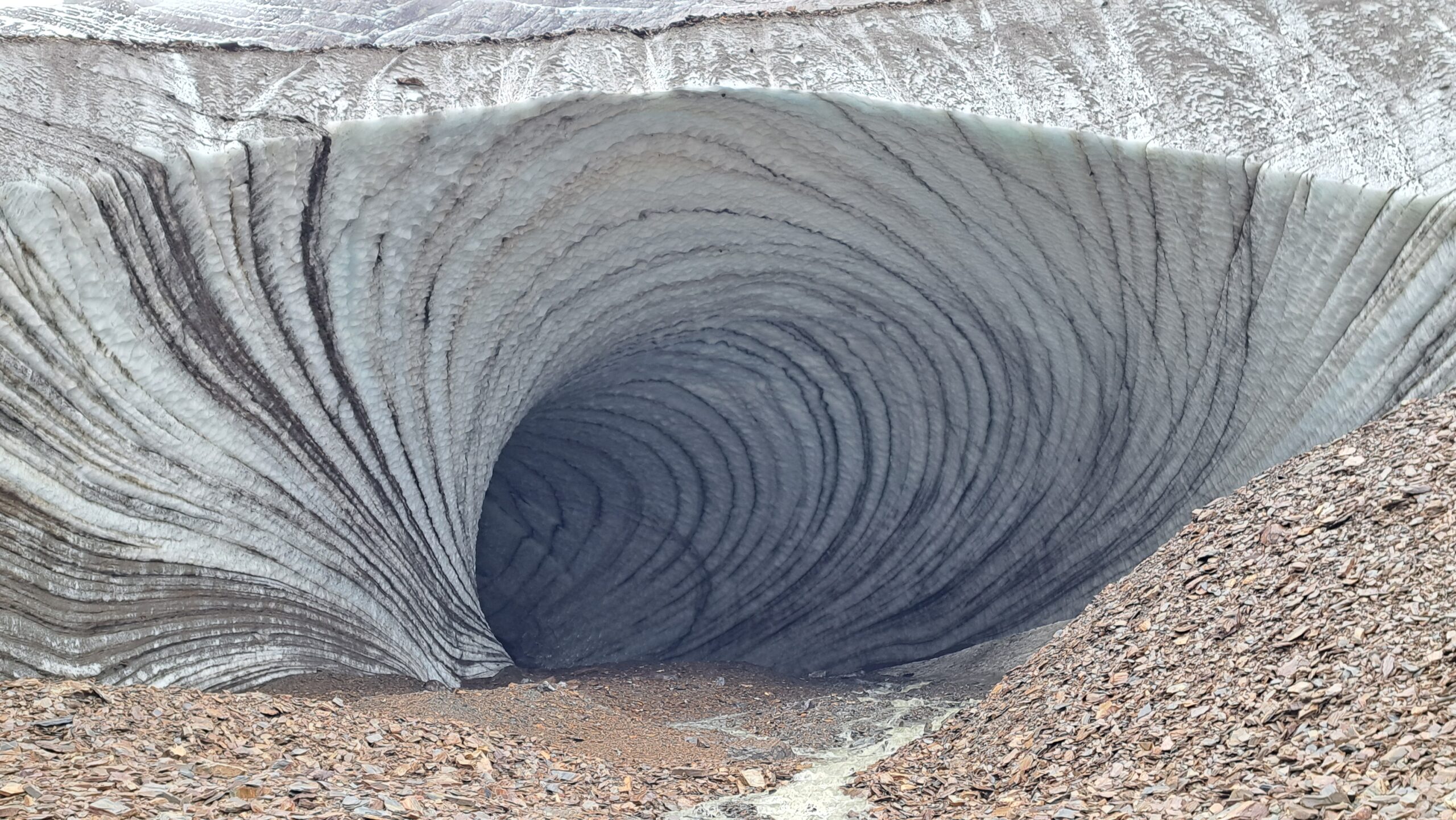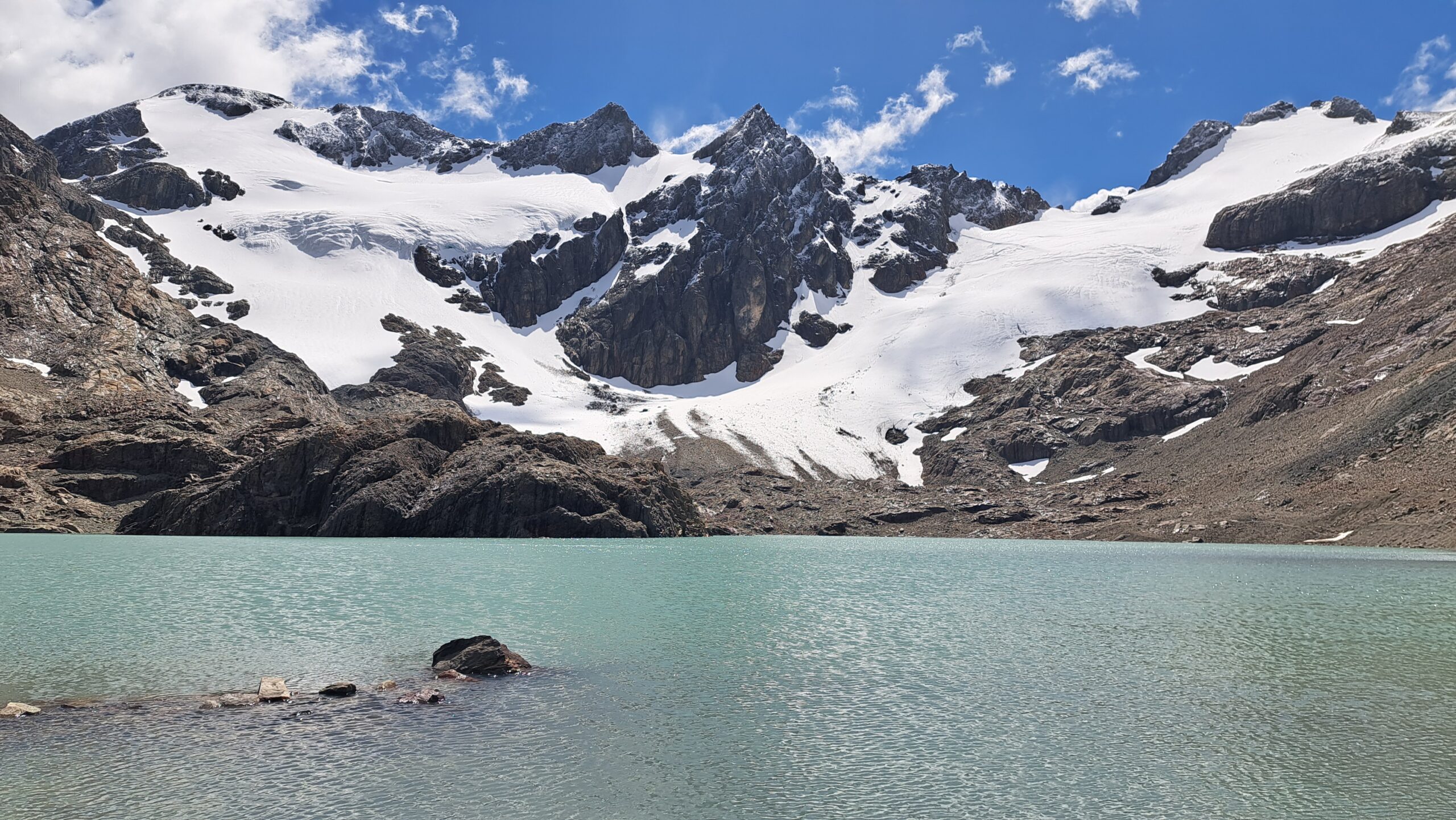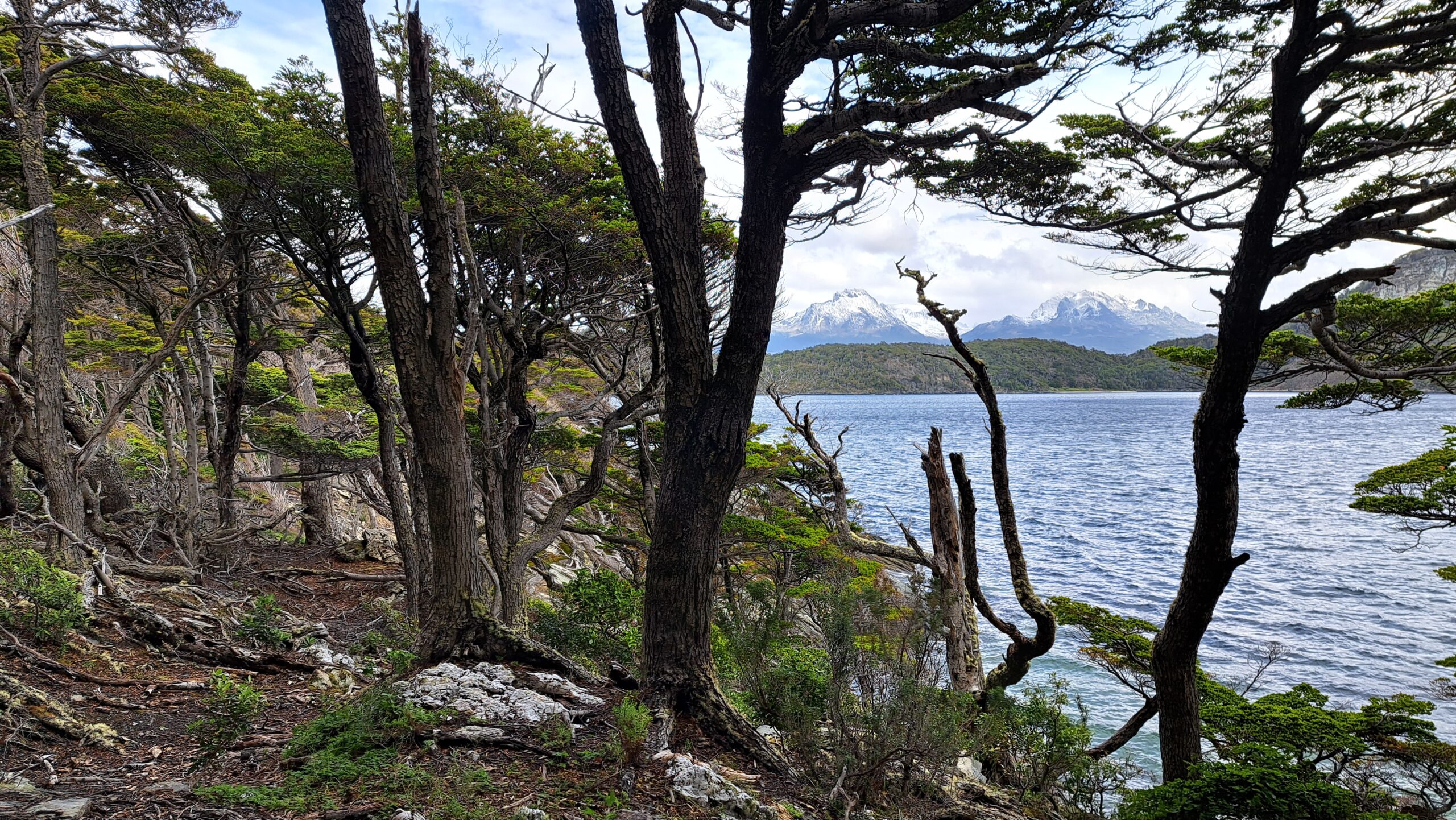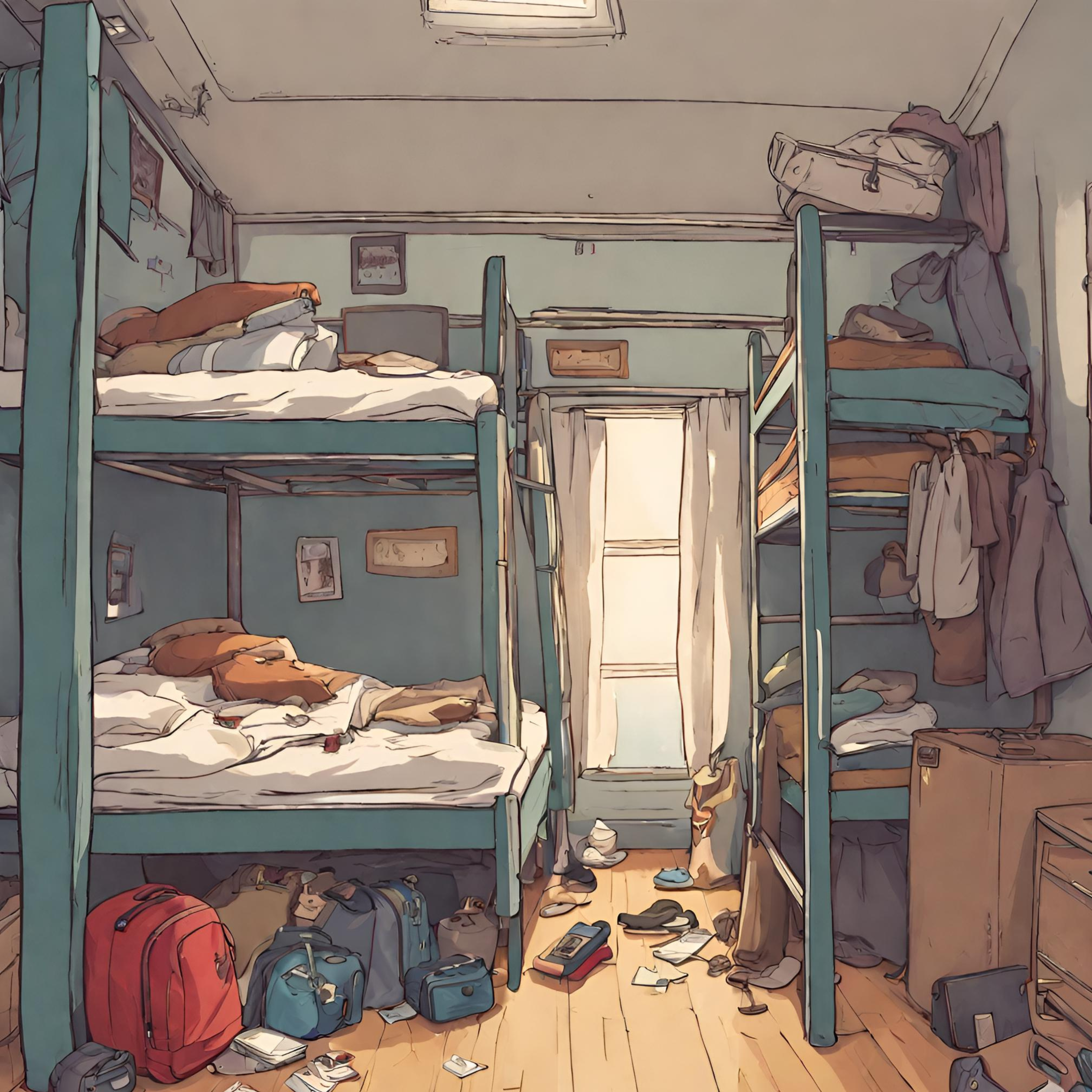
There’s a certain liberating feeling in the spontaneity of not planning ahead, but it often opens the door to unexpected mishaps. As my friend Damo likes to say, “Plan well, avoid the hell!” Typically, I adopt a rather go-with-the-flow attitude when traveling, and I don’t tend to make bookings until the very last minute. Sometimes, I just arrive at a destination assuming I’ll easily find accommodation, a habit I picked up during my time living and traveling in Asia, where this approach usually works like a charm. However, Ushuaia presented a different scenario, as the tourist season was in full swing, leading to my having to change hostels not once, but twice.
Patagonia comes with a higher price tag compared to other parts of Argentina. Typically, remote destinations like this tend to have elevated food prices due to transportation costs and limited competition, so that was no surprise. What did catch me off guard, though, was the cost of accommodation, averaging around $25 per night for a dorm bed, which was the cheapest option available. This marked my return to hostel dorm life after a considerable hiatus.
I’ve always had a soft spot for hostels; they serve as excellent hubs for meeting fellow travellers. Nowadays, they attract a diverse range of cultures and age groups, dispelling the notion that they’re solely the domain of young 20-something Americans and Europeans. However, it’s important to note that each hostel has its unique character, and they can evolve rapidly with changing clientele and transient staff, leading to what can be a completely different experience from one week to the next. That said, a well-run hostel with good facilities significantly enhances the overall experience.
Some hostels exude vibrant energy, where the night never seems to end, and you wake up amidst a parade of partygoers. On the flip side, others provide a quiet respite. I remember my time in El Chaltén when I returned from the pub around 10 PM to a pitch-black room. I couldn’t even locate my belongings in the darkness, so I opted to forgo brushing my teeth to avoid waking others up. I carefully stashed my clothes under the bed, as there was no place to hang them, and then hastily climbed into my bunk. The air was thick with the scent of damp towels, clothes, and a blend of body odours, resembling the unmistakable aroma of a wet dog. It’s an inescapable smell that permeates the air and invades the nostrils, strangely enough, you get used to over time. These scents can vary from night to night or room to room as fellow occupants come and go.
On my first night in Ushuaia, I found myself assigned to the dreaded top bunk, and it happened to be one of the narrowest beds I’ve ever encountered, feeling no wider than 2 feet. To make matters worse, there was no safety railing to prevent me from rolling off during the night, and there was no ladder to ease my ascent. Instantly, I felt my age. So, there I was, my first night on a top bunk in years, and disaster struck – I clumsily fumbled my eye lubricant, dropping it over the edge; it was a sharp learning curve that left me teetering on the brink of frustration. I resorted to stashing my phone in my boxer shorts to ensure it didn’t take a tumble in the middle of the night. Speaking of potential falls, such thoughts filled my mind in the moments before sleep. If you happened to drop something off the side during the night, which I had, you could kiss it goodbye until morning, assuming you could locate it amid the sea of bags and clothes strewn around the dorm as fellow occupants vied for floor space. The area at the foot of every bed was a labyrinth of luggage, clothes, and shoes, akin to a moat that required a nimble jump to cross. Although, as mentioned earlier, each hostel has its unique atmosphere and quirks – ranging from spacious, clean and tidy to those that are cramped, dirty and messy and everything in between. Regardless of the setting, you’re bound to encounter a diverse array of fellow travellers.
Whenever I find myself in a dorm bunk bed, which admittedly is not often, I invariably bang my head or my shin or something else entirely. My third night was no exception to this recurring misadventure. I had recently moved to another hostel, and much to my chagrin, the initial allure of the bottom bunk quickly dissipated as I clumsily smacked my noggin against the wooden slats that appeared to loom menacingly from above. I devised what I thought at the time was an ingenious plan of tying socks around the wooden slats above, so the socks dangled down above my head. If I sat up too quickly, smelly socks would tickle my face, not a particularly pleasant feeling but much better than the alternative. The socks don’t have to be smelly by the way, mine just happened to be on a few occasions. Still, it added even more incentive.
On the topic of socks and underwear, my pants went missing for a day after having them laundered. I was actually pleased and took it as a compliment that someone might have liked me enough to steal them. Alas, there was no panty thief, and they were anonymously returned to the front desk.
While my first hostel in Ushuaia had its fair share of young backpackers and hikers from around the world, my second had an older crowd – a lot of older men in their 50s and 60s holed up waiting for their boats to Antarctica to depart. Given the price of the trips, I’m not surprised they were hunkering down in the dorms, some doing what appeared to be absolutely nothing. Personally, I don’t agree with trips to Antarctica, just like I don’t agree with the penguin walks in Ushuaia – leave the poor blighters alone. Agostino Timo recommends an alternative penguin walk in the ‘Adventures in Patagonia’ podcast episode https://candidrich.com/podcast/.
It’s nice to think that there are some places still untouched by man. It’ll be a dark day when there is nowhere left unvisited by tourists. Maybe the next step is the depths of the ocean, the new frontier apparently more unknown than space in parts. The dangers of exploring the depths, however, are real. In a recent, gripping tragedy, a submarine expedition to the Titanic’s deep-sea wreckage ended in catastrophe when the vessel imploded, tragically claiming the lives of the three occupants on board, including father and son.
Not all of those on Arctic expeditions were in hostels watching their pennies, of course. In fact, the city had an abundance of expensive hotels and restaurants. Just to give you an idea of the wealth of some tourists coming into the area seeking adventure, I’ll tell you a quick story about one of the most glamorous and attractive women I have ever met. One evening in Ushuaia, I walked into a restaurant only to be informed that single diners had to sit at the bar. It was at this moment that one of the most strikingly beautiful people I have ever laid eyes upon invited me to join her for dinner; likely because she was by herself and preferred sitting at a table, but a man can dare to dream, and so I gladly accepted. She went on to tell me that she hailed from a Transylvanian mountain town in Romania and worked for a private charter jet company. Her client was an uber-rich businessman who had flown in from the states before heading out on his Antarctic voyage. She had a few days to herself while waiting for said businessman to return, not a bad life, I thought. I invited her to explore the countryside with me by car and perhaps even go for a short hike, but she told me she had a more pressing appointment at a spa and had various other plans for the following days. Clearly, it was a gentle brush off, but you can’t blame a man for trying.
Ushuaia may be isolated, but it is certainly not off the beaten track and attracts people in droves, especially during peak tourist season. Visitors come from afar, including wealthy tourists splurging their money and backpackers traveling on a tight budget. No wonder accommodation costs were expensive; it made perfect sense.
On my final night in Ushuaia, I checked into my last hostel, only to be roused from my sleep by an Israeli fellow at around 5 am. He had just returned from a night out and was as drunk as a skunk. I didn’t mind; it was nearly time to get up, and he wasn’t intentionally being noisy. It did make me chuckle when he scowled at me for making noise when my alarm went off about 30 minutes later.
Throughout my years of travel, I’ve encountered fellow travellers in hostels with whom I’ve shared stories and forged enduring friendships. These hostels serve as a crucial support system for many, especially the younger crowd, offering assistance with everything from phones and banking to itinerary planning and structured social events. They provide a sense of camaraderie and friendship, helping to alleviate the pangs of homesickness. Dorm rooms, whether you love or loathe them, hold a special place in the backpacking journey, representing a rite of passage that all travellers should embrace at some point in their lives. While I predominantly opted for Airbnb accommodations for comfort and work during my six months in South America, I occasionally dipped into hostels on weekends.
Hostels are a realm where you should always anticipate the unexpected, but they proved invaluable for my hiking adventures in Patagonia, which you can delve into further in my upcoming blog entry.


